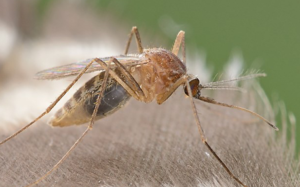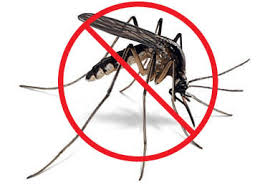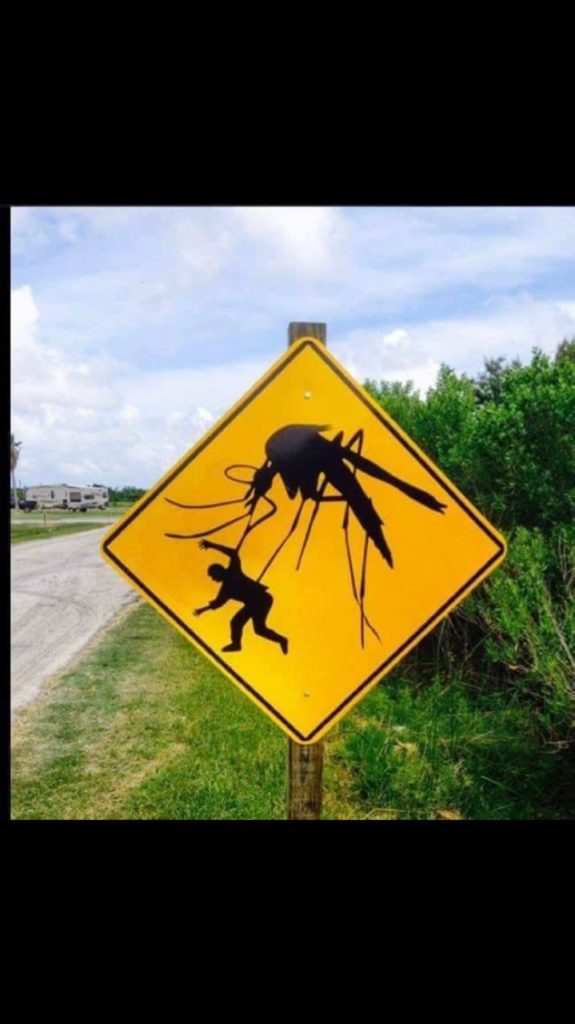In The Field: April 8, 2024 – April 12, 2024
This weeks weather is bringing growth of both grass and weeds. Wild violets were treated this week at a property and they will most likely need to be monitored and sprayed again throughout the year. Wild violets have a waxy coating that make it trickier for weed control to be as effective as it can be on other broadleaf weeds. None-the less, our weed control will in fact help with the wild violets, like with most things, consistency is the key.
Grubs were already found in Hudsonville this week and it’s important to know that right now and in the Fall is when you have to kill the grubs that are already there. Once they become beetles and fly away later in the Spring, it’s extremely important to apply the grub prevention in the Summer and water it in within 24 hours of applying. This will help prevent grubs from showing up in the Spring and Fall and causing damage. But if that does happen and you have applied the grub prevention here with us at Tuff Turf, we will kill off the grubs if they still show up and cause damage later in the season. That’s our grub prevention guarantee!
Like us on Facebook!
https://www.facebook.com/tuffturfmolebusters/
A Grand Rapids Michigan Lawn Care company based in Byron Center, Michigan. Tuff Turf offers a variety of services (ranging from Lawn Care, Pest Control and Bug Control) to the following cities in Michigan:
Grand Rapids, Byron Center, Kentwood, Grandville, Jenison, Hudsonville, Holland, Grand Haven, Rockford, Cascade, Kalamazoo




 The oldest known mosquito with an anatomy similar to modern species was found in 79-million-year-old Canadian amber. Ever since, they’ve been a pain in the the… well, arm, neck, hands, feet, legs, pretty much any exposed skin of human and animal alike. By the way, Tuff Turf’s mosquito program runs through October.
The oldest known mosquito with an anatomy similar to modern species was found in 79-million-year-old Canadian amber. Ever since, they’ve been a pain in the the… well, arm, neck, hands, feet, legs, pretty much any exposed skin of human and animal alike. By the way, Tuff Turf’s mosquito program runs through October.

